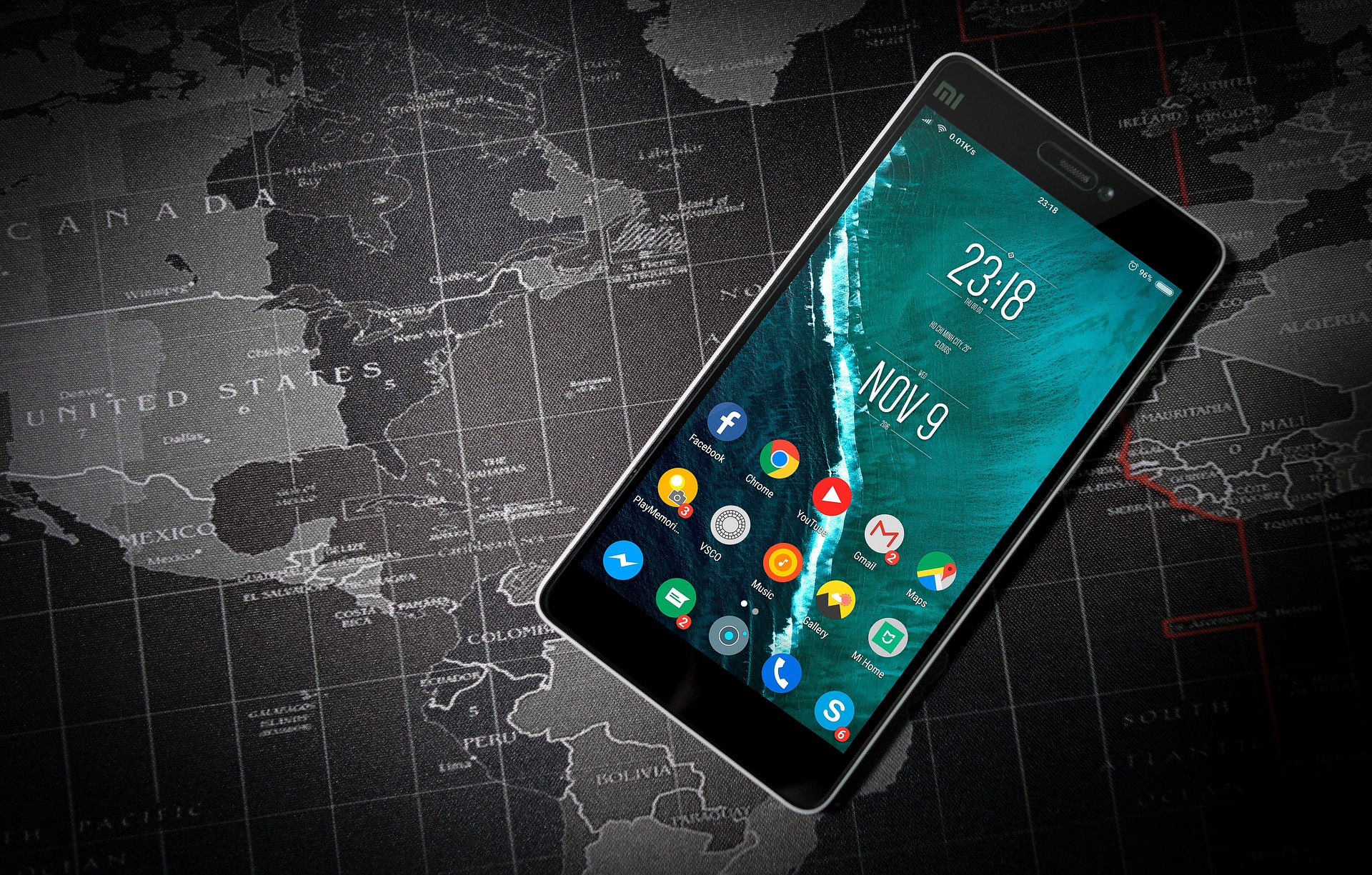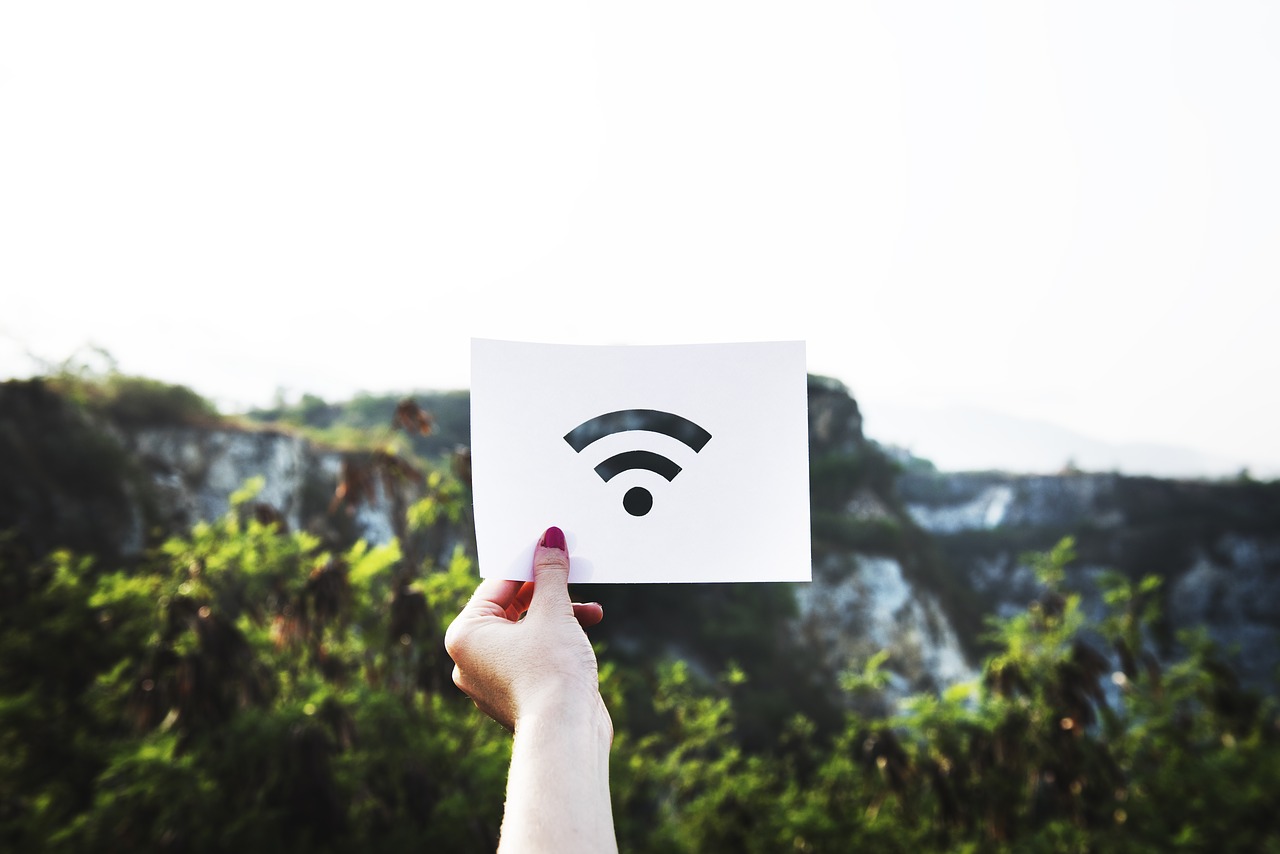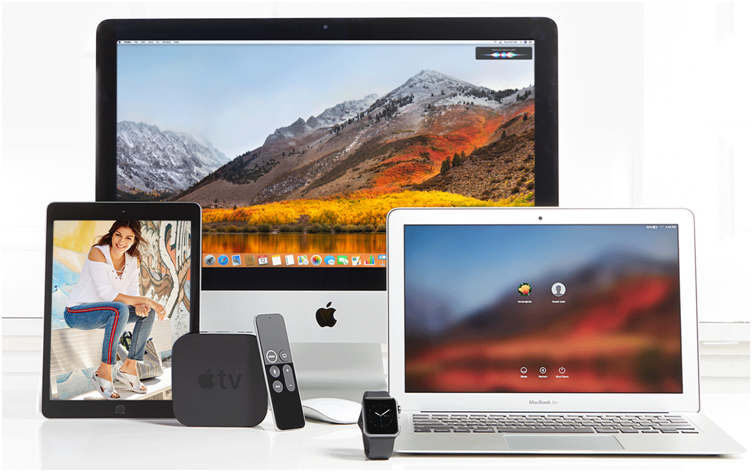6 Ways to Keep Your Family Safe When Online

It goes without saying that in 2020, everyone is online. Whether it’s for work, to binge-watch television shows, or to stay in touch with relatives, the internet is a source of endless entertainment, convenience, and information.
It’s also a breeding ground for malicious activity.
From social media profiles being hacked to someone mistakenly clicking on a dubious URL link, there are many different types of threats out there. This means staying safe online is an increasingly challenging task – especially for families with children that are naïve in their use of the Web.
Yet it’s far from impossible to avoid the security and financial dangers present on the internet. For a helping hand, here are six ways to keep your family safe when online:
Table of Contents
Utilize top-of-the-range security software
As a starting point, it makes sense to install a security package, right? With this in place, you have a line of defense against any hackers that may have managed to access your computer network. As for what service provider is the best to choose, there are many options available.
Our recommendation is Trend Micro, which offers award-winning internet security. With their assistance, you can rest assured that you have up-to-date security coverage across your family’s computers and phones.
Watch what you post
While you will know not to post information such as your address and credit card details in public, cybercriminals are becoming increasingly deceitful in how they extract your personal information from you.
For instance, someone on social media might make a post that is seemingly innocuous. It could be requesting your first pet’s name and mother’s maiden name for, say, creating your rock star name. However, the information you provide could also be answers to your security questions. If a hacker obtains those details, they could change your passwords and gain access to your accounts.
Keep all devices locked
It’s an incredibly simple step to take, yet it is one that many avoid for whatever reason. On your family’s smartphones, laptops, tablets, and other applicable devices, always utilize a locking system. With this in place, you will have the advantage over anyone that steals one of your devices. They might have your phone, but they don’t have your information.
Mix up your passwords
When you have multiple accounts across the internet, you should also have multiple passwords in use. If you use just one password, it will only take a hacker to learn about it to gain full access to all of your files, data, bank accounts, and more.
In addition, teach family members about how they can create secure passwords. Various websites now use a system that judges the strength of a password you have typed in, but you can’t only rely on that as an educational tool. Consider the following tips:
- Go long. If it’s at least 15 characters, there’s less chance of it being hacked.
- Utilize a mix of characters, including numbers, symbols, and upper-case and lower-case letters.
- Avoid the use of common substitutions such as numbers for words (example: ‘B01NG’)
Alternatively, you can use a random password generator.
Have access to your children’s smartphones
Even if they have the best intentions, children can be led down the wrong path due to a lack of judgment. Hackers and unscrupulous characters can take advantage of their gullibility, putting them at risk as a result.
To help prevent this from happening, agree with your children that you can occasionally look through their phones. You’ll be able to see what they have been doing, ensuring they’re avoiding potential trouble. If you spot anything suspicious, you have the ability to stamp it out immediately. Plus, it can serve as a practical educational tool about the dangers on the internet.
Only use trusted Wi-Fi networks
If you login to an unsecured Wi-Fi network, you’re only asking for trouble. By doing this, you’re opening the door to cybercriminals who may be spying on what you’re doing. The more they watch, the more information they will be able to uncover – whether it’s access to your email account or bank details. Ultimately, you should always stick to using secure Wi-Fi networks.
Furthermore, if you or your family members travel a lot, consider investing in a VPN. For a small fee each month, you receive a protected internet connection that encrypts your data. This means you can freely browse the internet at your favorite coffee shop without the fear that someone’s trying to access your data.





